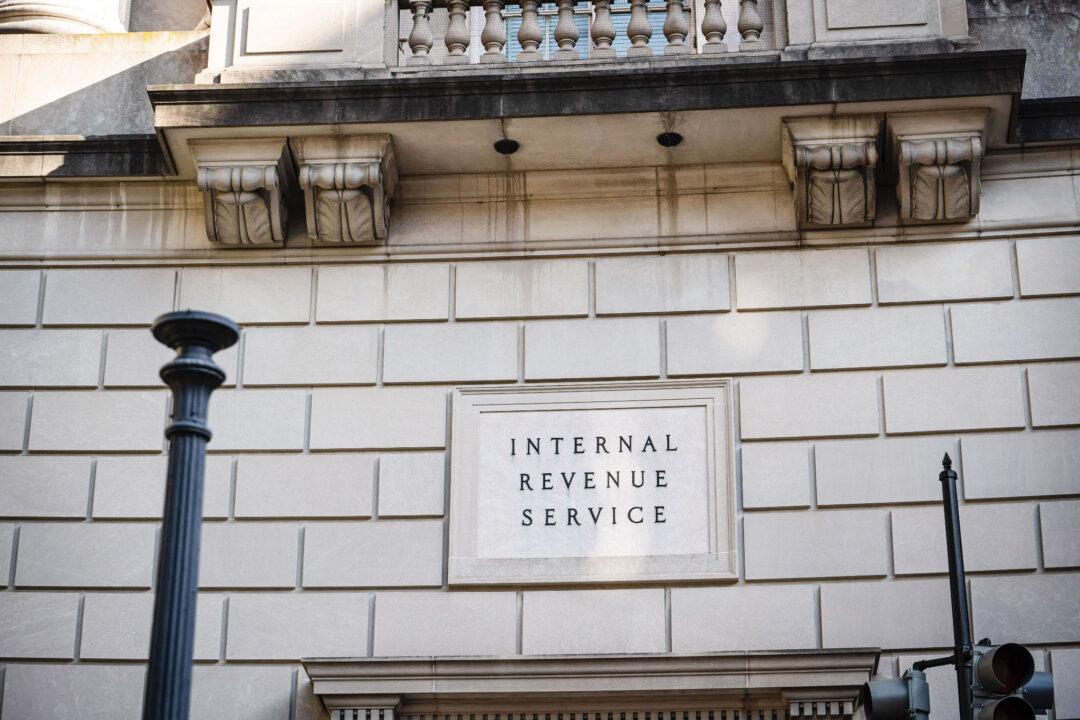The IRS is bumping up a travel tax deduction available for taxpayers following an increase in vehicle expenses this year.
If a vehicle is used for business, charity, or medical purposes, the costs are typically deducted on tax returns. The IRS periodically sets the amount that taxpayers can deduct per mile for such expenses, also called the standard mileage rate. Next year, the rate for vehicles driven for business purposes will increase by $0.03, or almost 4.5 percent, from $0.67 this year, said a Dec. 19 statement from the agency. As such, the rate for business use of a car, van, pickup, or panel truck is set at $0.70 per mile for 2025, the IRS said.





